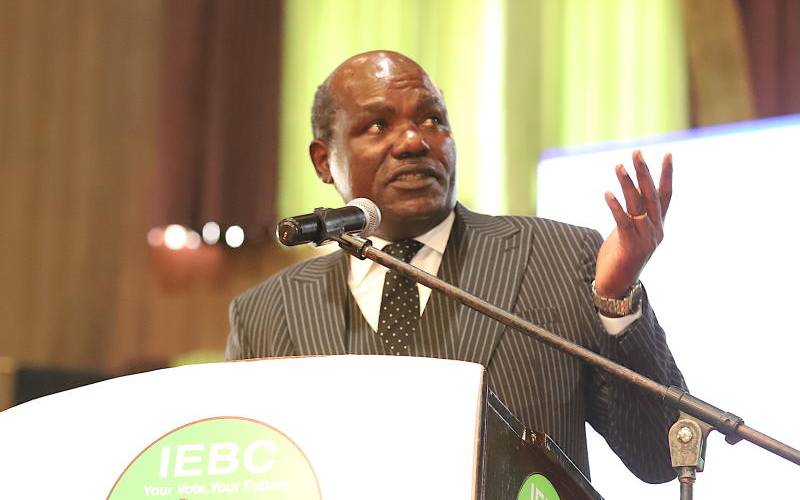×
The Standard e-Paper
Home To Bold Columnists

The electoral body has protested at the National Assembly’s rejection of amendments it had proposed to poll rules.
The Independent Electoral and Boundaries Commission (IEBC) said on Thursday during simulation of technology it will use to transmit election results that MPs had made the commission’s work difficult by rejecting the regulations.